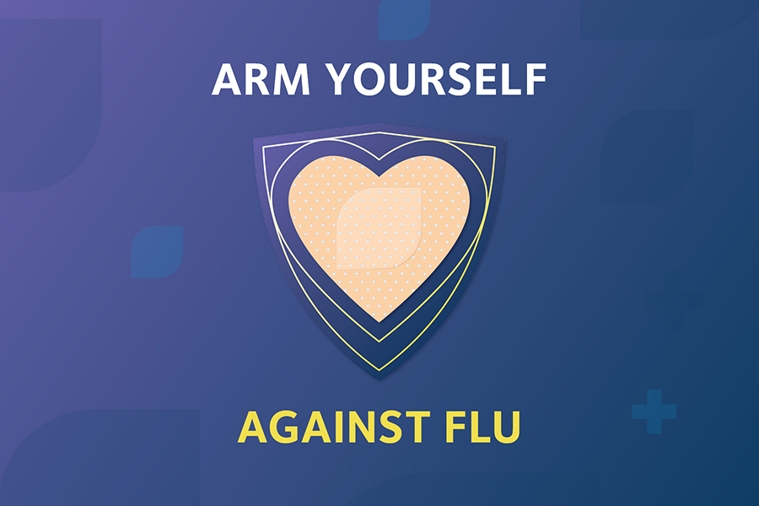The rules of hydration
Jul 10, 2019

How much water do you need daily to avoid dehydration? That’s a good question especially during summer. The answer depends on things like your age, your sex, whether you’re pregnant or breastfeeding and what physical activities you’re doing. An old rule of thumb is eight 8-ounce glasses a day. But someone working construction outdoors on a hot summer day needs more hydration than someone working in an air-conditioned office.
The truth is hydration is important all year long and the recommendations vary for each person. Let’s dip our toes into some hydration facts.
Why does hydration matter?
Drinking enough water every day is vital for your overall health. Water helps your body keep a normal temperature. It helps lubricate and cushion joints. It protects your spinal cord and other sensitive tissues. And it helps your body get rid of waste through urination, perspiration and bowel movements.
Dehydration, on the other hand, can lead to confusion and mood changes. It can cause your body to overheat. It can cause a dry, sticky mouth, dizziness, constipation, headaches and fatigue. It can also lead to seizures, brain damage or kidney or heart problems.
Who’s most at risk for dehydration?
Some people are more vulnerable to becoming dehydrated. Those at higher risk include:
• Older adults, who sometimes lose their sense of thirst as they age
• Infants and young children
• People with chronic illnesses like diabetes or kidney disease
• People who take certain medicines that cause them to sweat or urinate more
• People who exercise or work outdoors during hot weather
• People who have diarrhea or who are vomiting
How do you know if you’re dehydrated?
Feeling thirsty is the most obvious sign. Other signs and symptoms include dry mouth, urinating or sweating less than normal, dark-colored urine, dry skin, fatigue and dizziness.
What should you drink to hydrate yourself?
Plain water is best. It has no calories, and you can flavor it with a slice of lime, lemon or cucumber.
You can also get some of your daily fluid from eating certain fruits and vegetables. Did you know some fruits and veggies get 90 percent of their weight from water? These include:
• Cantaloupe
• Grapefruit
• Strawberries
• Watermelon
• Broccoli
• Green and red cabbage
• Cauliflower
• Celery
• Cucumber
• Eggplant
• Lettuce
• Sweet peppers
• Radishes
• Spinach
• Zucchini
• Tomatoes
Don’t seek to rehydrate yourself with alcohol or energy drinks. Many energy drinks contain as much or more sugar than a soft drink and way more caffeine than coffee, tea or soda. And alcohol can actually cause dehydration.
Sports drinks, on the other hand, can be helpful if you’re exercising in the heat and losing minerals through sweat.
Have a glass of water
Most of us can avoid dehydration by eating a healthy diet and drinking fluids throughout the day. But if you think you’re in danger of being dehydrated, drink a glass of water. Remember: If you wait until you feel thirsty to drink water, you're already behind on your hydration needs.
If you think you’re severely dehydrated—maybe because you’re ill and can’t hold down fluids—call your doctor.
Thirsting for more? Learn 10 top tips for staying cool in the summer heat!


